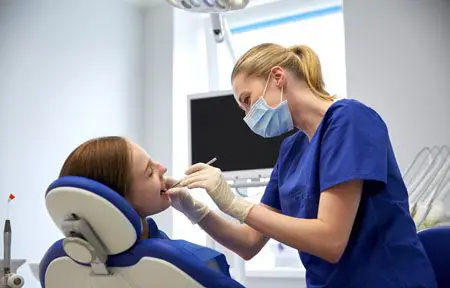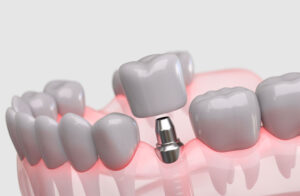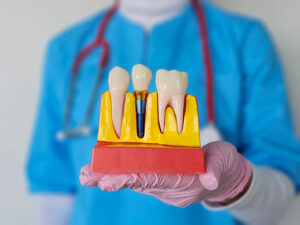If you lose a dental crown, you can still wait a few days for treatment. Yet, there are some serious dental situations that simply can’t be ignored for long and would need immediate treatment. The kind of dental emergency would depend on the level of trauma your teeth and gums have taken, and also the extent of pain that you may have experienced.
If you suffer from any of the following common dental emergencies, this is what you need to know about caring for the dental problem until you get to a dentist.
Knocked-Out Tooth
If you take quick action after a tooth knocks out, your dentist can possibly reinsert and preserve your tooth. You need to carefully pick up the tooth by the crown or the top without touching the root, and rinse it carefully without scrubbing. If you can, try and reinsert the tooth into the socket. If you are unable to do so, then place the tooth in a small container of milk and go to the dentist as soon as possible to increase the chances of saving your tooth.
Cracked or Chipped Tooth
If you get a severe fracture, then clean your mouth using warm water and apply a cold compress to your face to curb the swelling. Avoid using a painkiller or numbing gel as they can affect your gums.
Abscessed Tooth
A dental abscess is a severe and even a life-threatening condition in which a pocket of pus in the tooth gets infected. It is a dental emergency as the infection can spread into your jaw, surrounding tissue, and also to other areas of your body. Before seeing the dentist, you can just rinse your mouth with mild saltwater several times to lessen pain and draw the pus to the surface.
How can you avoid potential dental emergencies?
Going for a comprehensive dental examination and following good oral hygiene can help in avoiding circumstances that could lead to dental emergencies. You can also prevent dental emergencies in the following ways:
- Staying proactive in your oral hygiene
- Going for routine dental check-ups
- Brushing twice a day
- Flossing at least once a day
- Rinsing your mouth by using an antibiotic mouthwash
- Drinking enough water for saliva production
- Avoiding sugary food items or drinks
- Taking intake of Calcium and Vitamin D
To know more, call us at (925) 685-9339 and request an appointment with Dentist in Concord CA, Dr. Ewing at our office in Concord, CA.




